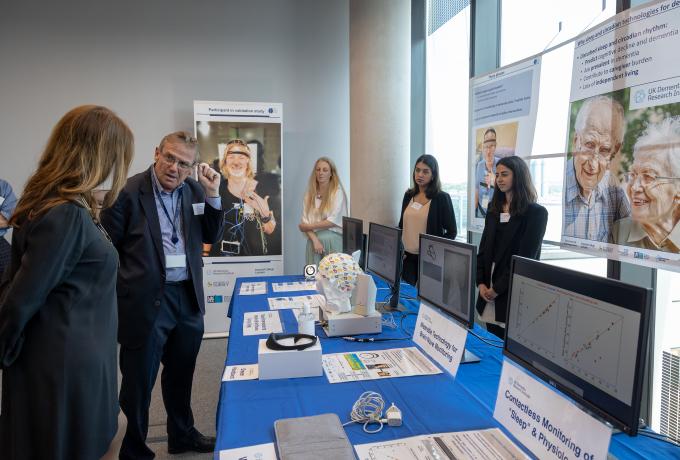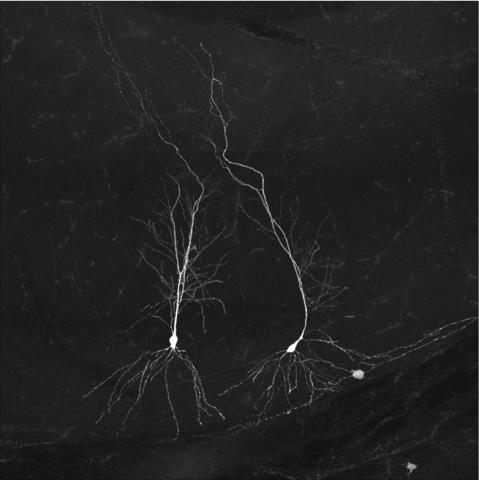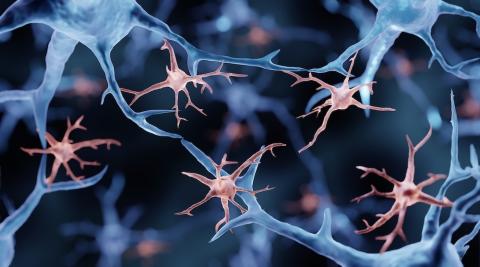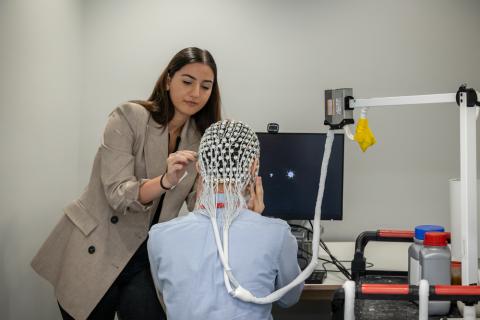Sleep is essential for physical and mental health. It not only helps repair and restore our brain and body but also plays an important role in information processing and consolidating memories and other brain processes that help us function during the day.
Fragmented sleep at night and excessive daytime sleepiness are common symptoms for people living with dementia. Sleep disturbances get more severe with disease progression, are predictive of severe cognitive and neuropsychiatric symptoms and poorer quality of life and a burden also to carers of people living with dementia.
Whether sleep disturbances are consequences or driving factors in the disease progression is currently still unknown. Growing evidence, however, shows that long-term sleep disturbances could indeed be a risk factor for dementia, triggering or accelerating deleterious changes in the brain that underlie disease.
At the UK DRI we are interested in understanding the biological mechanisms behind this potential link, developing state-of-the-art technologies to measure sleep, as well as leveraging the underpinning molecular and circuit mechanisms to prevent and counteract neurodegenerative progression. This will enable investigations into new interventions that boost healthy sleep in people living with dementia.

Latest news

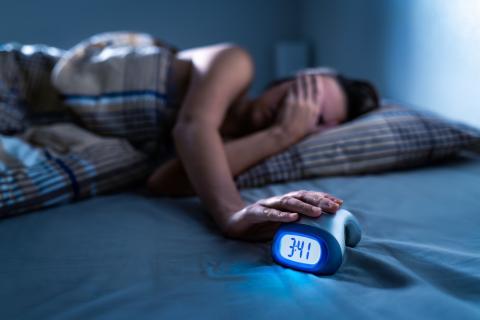

A deeper dive
People living with dementia frequently manifest sleep disturbances which include early and long sleep periods with frequent night-time awakening and nocturnal wandering, increase in daytime sleep, a decrease in rapid eye movement (REM) sleep and slow-wave sleep and alterations in brain oscillations such as sleep spindles as well as sleep disorders such as sleep apnoea. Degradation of neuronal pathways that initiate and maintain sleep, modifications in hypothalamic and brainstem regions that regulate sleep structure and circadian mechanisms that regulate sleep timing have been implicated in sleep disturbances observed in people living with Alzheimer’s disease. It is however unclear whether disturbed sleep may causally promote the development of dementia be an early marker of the disease.
Although there are still gaps in our knowledge, there is sufficient evidence to support a causal role for sleep and circadian disturbances in the development and progression of dementia: altered sleep duration, poor sleep continuity, reduced circadian amplitude and sleep apnoea have all been linked to cognitive decline. Researchers believe that chronic sleep disturbances might trigger or accelerate pathological processes leading to dementia by contributing to the build-up of toxic proteins within the brain, and/or by disrupting brain plasticity which is essential for neuronal network functioning and memory.
At the UK DRI we are interested in unpicking the molecular, cellular and circuitry mechanisms driving circadian and sleep disturbances in the early stages of dementia (Wisden, Brancaccio, Dijk, Grossman, Busche, Barnes, Gan). We are also developing technologies that will enable us to unobtrusively and longitudinally measure sleep and circadian rhythms at home (Dijk, Sharp), and technologies to enhance sleep. This will provide us with novel tools to investigate new interventions that enhance healthy sleep and understand if adequate sleep may reduce the risk of dementia.
